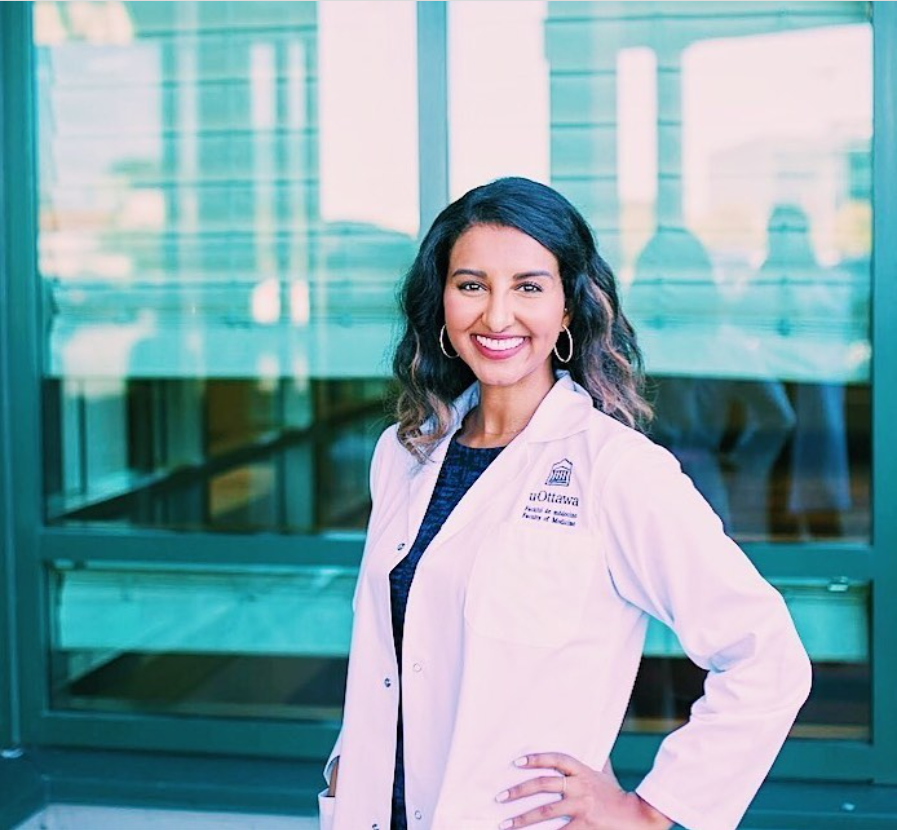a diversity gap is evident in the resources available to doctors, too. textbook and reference materials related to skin conditions, for instance, often feature fair skin with pink, pearly growths rather than skin of colour. patients with darker skin tones
are more likely to received delayed diagnosis for conditions such as
psoriasis, hidradenitis suppurativa or skin cancer. and although skin cancer is less common in people of colour, the rate of mortality is much higher because by the time it is diagnosed, it’s more severe.
dr. renée beach, a toronto-based dermatologist, also points to the importance of “culturally competent” care.as an example, beach shares her experience with a young patient with eczema on her hands. they discussed medication, washing dishes with gloves on — beach even suggested she avoid certain crafts, like making glue, at school. the eczema persisted, however, until beach realized her patient used her hands to eat every meal.“i thought, ‘no wonder the treatment plan had not worked,'” she says. “i had missed out on a key element of her daily practice, which is tied to her culture and, in this case, was directly impacting her skin. i didn’t think to ask, because in my cultural context meals mean use of a knife and fork and i had to widen my cultural understanding to meet this patient’s medical need.”
dr. omatseye edema is a calgary-based family physician who works with
tia health, a telemedicine platform that allows patients to choose doctors based on their language, ethnic backgrounds, and gender preferences.“patients often feel more comfortable seeing doctors who look like them them, understand their culture, and other nuances,” he says.the way symptoms are described, for example, can be deeply rooted in language and culture. in nigeria and some south asian cultures, edema explains, “when people are stressed or have anxiety, they tell you they’ve got pain all over their body … but i repeatedly noticed when people present that to my colleagues whose background is western, they don’t think this person has mental health issues.”getting more diversity in the medical school pipeline is critical. beach has worked with the admissions committee at u of t’s faculty of medicine to help make that happen. “some capable students are simply not informed of the possibility of medicine as a career,” she said in an interview for the faculty website. “they do not get access to mentorship programs or other information sessions that can introduce them to the profession. as has been said, ‘you cannot be what you cannot see.’but she also pointed out that “we cannot assume that all qualified mentors must be black in order to be effective.” groups like the black medical students’ association — their motto: “this system is unacceptable and we will change it” — are essential. when advocacy comes on top of full-time study, though, it can lead to burnout.
burden of change cannot be solely on black physicians
it’s also important to make sure black medical students have resources such as black therapists to support them as they face inequities in their residencies and beyond.“it’s challenging seeing how covid affects people in our community. as medical students, we’re responsible for learning about this issue because it’s a public health issue.” says phillips. “even though it’s life-saving and fulfilling, we recognize the people who came before us and we want to pay it forward. but it can become exhausting sometimes and a heavy weight to carry.”and while more physicians from racialized backgrounds will help more equitable health outcomes, it is far from the only answer. every doctor from every ethnicity needs to take the time and effort to recognize their implicit biases if they want to provide each patient with the best possible care, she says. that means challenging racism in medicine and in their practices as much as actively learning about new drugs or the pathophysiology of diseases.“please, for the sake of your patients and for the credibility of your careers, lean in and take this time to learn — as exhausting as it can be and as busy as you are — because this has the potential to save your patients’ lives.”
dduong@postmedia.com |
@dianaduodon’t miss the latest on covid-19, reopening and life. subscribe to healthing’s daily newsletter coming out of covid.
 5 minute read
5 minute read




